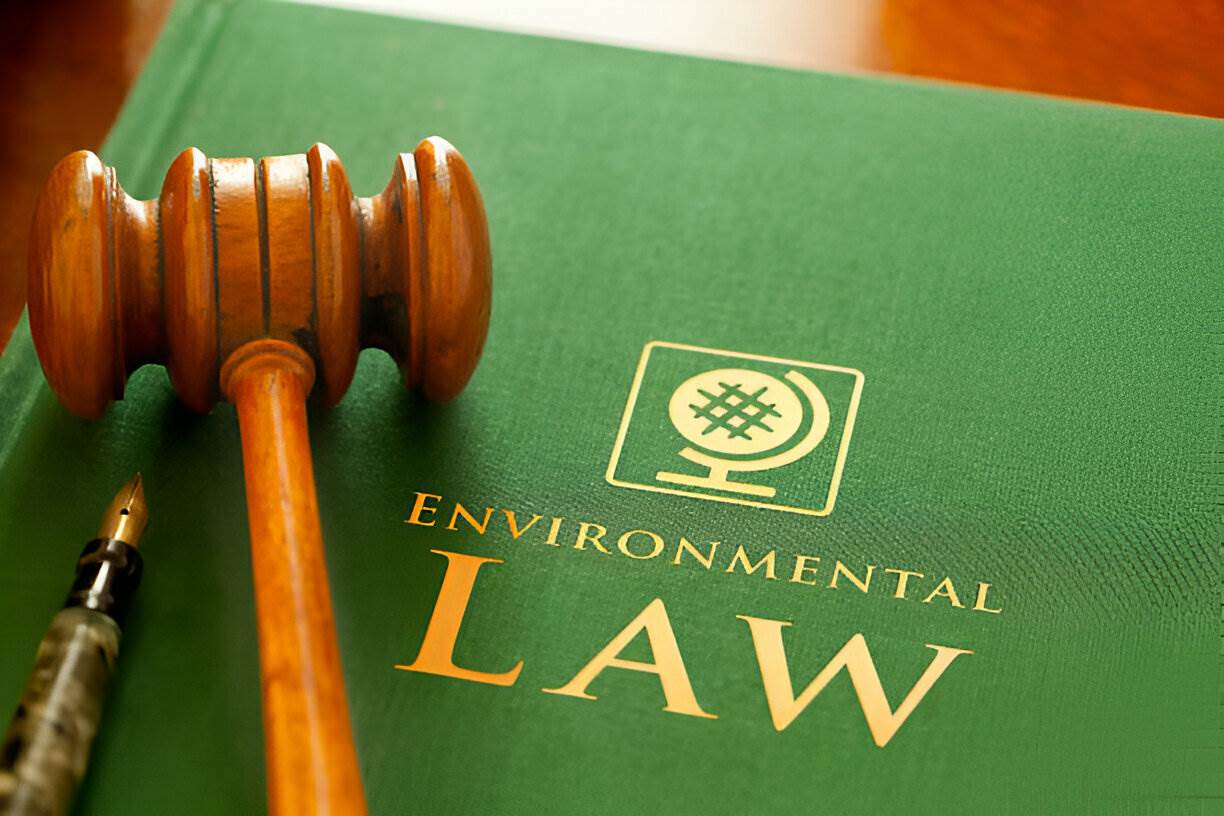Environmental law plays a crucial role in protecting natural resources and human health from corporate pollution. As industries expand, the impact of business operations on the environment has become a major concern. Without strong legal measures, corporations may continue polluting without consequences.
Ensuring companies follow regulations promotes sustainability and accountability. Governments and advocacy groups enforce laws to prevent pollution. Understanding these legal measures is vital for a cleaner future.
Contents
- 1 Role of Environmental Laws in Regulating Corporations
- 2 Legal Liability for Corporate Pollution
- 3 Impact of Corporate Environmental Violations
- 4 Strategies for Strengthening Corporate Accountability
- 5 Role of Citizens and Advocacy Groups
- 6 Future Challenges in Corporate Environmental Responsibility
- 7 Conclusion
Role of Environmental Laws in Regulating Corporations
Environmental laws set clear guidelines for businesses to follow when it comes to pollution control. These regulations limit emissions, waste disposal, and resource exploitation, ensuring companies minimize their environmental footprint. Non-compliance can lead to hefty fines, legal action, or even shutdowns.
Governments enforce these laws through agencies that monitor corporate activities and investigate violations. Regular inspections and reporting requirements help keep businesses in check. When properly enforced, environmental laws act as a deterrent against reckless industrial practices.
Legal Liability for Corporate Pollution
Corporations that fail to adhere to environmental laws can face legal consequences. Liability can arise from air and water pollution, hazardous waste disposal, and destruction of ecosystems. When pollution causes harm to communities or wildlife, companies can be sued for damages and required to pay compensation.
Lawsuits and penalties serve as an incentive for companies to invest in cleaner technologies and sustainable operations. In some cases, courts may impose restrictions or demand that businesses remediate environmental damage. Legal accountability ensures that corporations take responsibility for their actions.
Impact of Corporate Environmental Violations
When corporations neglect environmental regulations, the consequences can be severe. Air and water pollution can lead to health issues, loss of biodiversity, and long-term ecological damage. The cost of cleaning up environmental disasters often falls on taxpayers if companies are not held accountable.
Public pressure and legal action can force businesses to adopt better environmental practices. By exposing corporate negligence, environmental advocacy groups help bring awareness to the harm caused by pollution.
Stronger enforcement of environmental laws ensures that corporations prioritize sustainability over short-term profits.
Strategies for Strengthening Corporate Accountability
Stronger regulations and stricter enforcement are essential in ensuring corporate accountability for pollution. Governments can impose higher fines and mandatory environmental audits to deter non-compliance. Providing incentives for businesses that adopt eco-friendly practices can also encourage compliance.
Transparency is another critical factor in holding corporations accountable. Requiring businesses to publicly disclose their environmental impact can put pressure on them to improve. Consumers and investors can use this information to support companies that prioritize environmental responsibility.
Role of Citizens and Advocacy Groups
Individuals and advocacy organizations play a vital role in enforcing environmental laws. Citizens can report violations and participate in legal action against corporations that pollute. Public awareness campaigns help educate people on environmental rights and corporate accountability.
Non-profit organizations often work with legal teams to challenge corporate misconduct in court. By pushing for stronger policies and supporting stricter regulations, these groups help ensure environmental protection. Collective action can drive meaningful change in how corporations operate.
Future Challenges in Corporate Environmental Responsibility
As industries evolve, new environmental challenges continue to emerge. Climate change, deforestation, and plastic pollution require updated laws and stronger global cooperation. Holding multinational corporations accountable is especially challenging when different countries have varying regulations.
Advancements in clean energy and sustainable practices offer hope for a greener future. However, legal frameworks must continue evolving to address emerging environmental threats.
Strengthening international agreements and corporate regulations will be crucial in preventing pollution and ensuring long-term sustainability.
Conclusion
Environmental laws serve as a powerful tool in holding corporations accountable for pollution. By enforcing regulations, imposing penalties, and promoting sustainable practices, governments and advocacy groups help protect natural resources. Corporate accountability ensures businesses prioritize environmental responsibility.
As environmental challenges rise, stronger laws are needed to curb corporate pollution. Public advocacy pressures businesses to comply. Sustainability depends on action from governments, corporations, and individuals.

